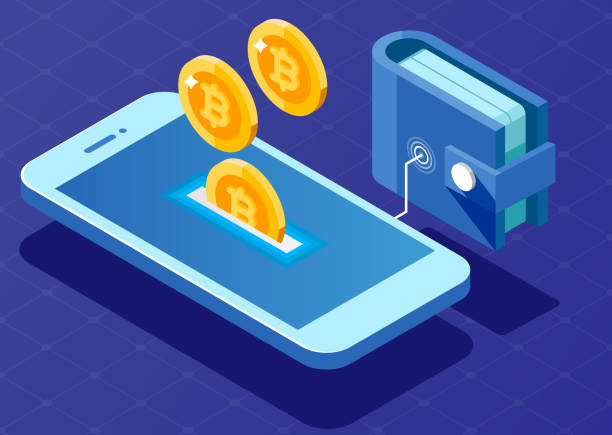There has been a comparison made between a Bitcoin wallet and Swiss bank accounts in your pocket. A digital asset storage facility is provided for your digital assets, be they Bitcoin, Ethereum, XRP, or other digital assets.
It’s important for you to grasp that a crypto wallet doesn’t keep your coins, but retains the private keys you need to spend or transfer them. It is a distributed record of digital asset transactions. The coins themselves are actually recorded on the blockchain.
An individual’s wallet allows him to transfer crypto to friends, family, and merchants, receive tokens from others, and view the value of his portfolio. Many wallets also allow him to buy crypto with a variety of payment methods.
Cryptocurrency wallets utilizing the blockchain
Several methods can be used to securely store your crypto.
Noncustodial wallets are type 1 wallets
Rather than storing your private key on your computer, a non-custodial wallet requires you to store it offline in a safe place. Private keys are yours to control and spend as long as you don’t share them.
As long as you have your private key, you don’t have to worry about losing your coins even if you misplace your phone or laptop or delete the affected software.
Wallets that do not require custody include
- On a paper wallet, you will find a QR code or the full private key.
- In a metal wallet you can engrave the private key on a piece of metal (such as Titanium) to provide a more durable way to protect your access to valuable digital assets.
- Most noncustodial wallets are digital hardware wallets. They are small electronic devices connected via Bluetooth or USB. In addition to being impervious to computer viruses and malware (since they live offline), these devices typically come with two-factor authentication (2FA) and a PIN code for additional security. All transactions are verified by the hardware wallet rather than by an online service, and your private keys are cryptographically secured on the hardware wallet so that they cannot be stolen or hacked.
In noncustodial wallets, your crypto is safe as long as no malicious actors are able to access it, or unless you misplace your private key, or if a flood or fire damages it, or if you are tricked into downloading a wallet, you are at risk of losing your crypto.
Cryptocurrency is decentralized, which means you have full control over your wallet’s private keys, so no one can break in and steal your funds (at least not using today’s standards in cryptography).
This, however, has a drawback. It is not possible to reset your private keys or to rely on a company, bank, or agent to retrieve them if you lose them.
Most cryptocurrency owners choose to use a custodial service such as Kriptomat to protect their private wallets with passwords, so they can keep their funds secure. You can access your cryptocurrency by proving your identity to Kriptomat and accessing your wallet.
Custodial wallets are type 2 wallets
Crypto wallets that are custodial do not provide a private key to the user. In its place, the custodian – usually an exchange – protects your crypto using several security mechanisms, including offline storage, cold wallets, vaults, and firewalls.
If you’re concerned about losing your private key, and thus access to your digital assets, this is a convenient option for you.
Despite exchanges losing funds to hackers over the years, reputable crypto companies protect users’ funds by storing them in secure cold storage.

